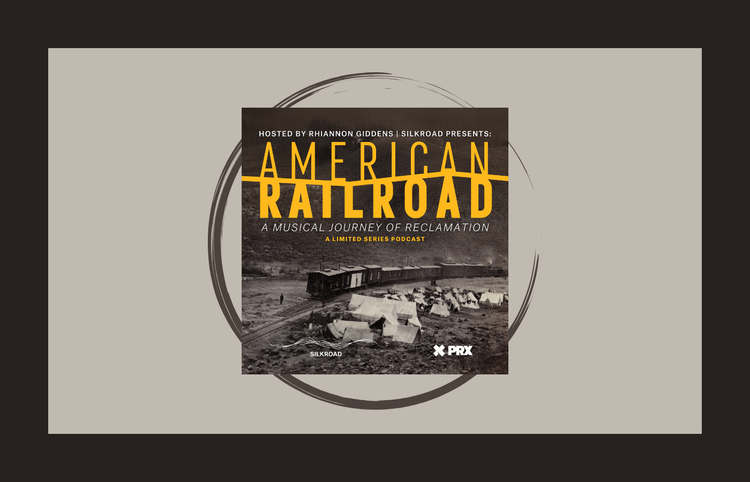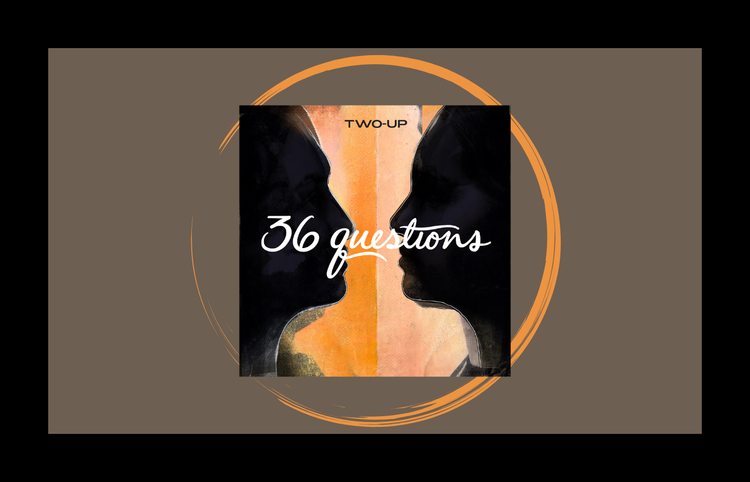Review: The Vanishing Point

“Just wash the dishes. If that's all you have to do, just do that.” - Laura Frater
The final episode of The Vanishing Point comes out today. You first see the cover art, the foggy road overlayed with the stark white lettering. This podcast might appear to be a thrilling audio drama. From the team at Tenderfoot TV that brings us Up and Vanished, When you know who this podcast is by, you know it’s anything but fiction. While the Pacific Northwest might inspire those spooky thrillers, when you live through these events, it’s not a thrill. It’s a painful, twisting dagger to the heart.
As we settle in for the Thanksgiving Holiday here in the United States, this podcast becomes even more poignant than its basic subject matter. Indigenous people are one-half of the Thanksgiving story we all hold so dear. Yet colonizers killed their way West - segregating and shoving human beings onto reservations and denying them the support of an ungrateful nation that now resides on this conquered land.
The Vanishing Point looks at Northern California, where the Hoopa Valley tribe holds a history of unsolved missing persons cases. This podcast, in six episodes, explores what makes this tribal land a vanishing point, and what makes indigenous people so much more likely to go missing or be murdered. Many people reference the fact that there is an epidemic of missing and murdered indigenous women, but the fact is that it’s men and women.
This is not an easy podcast to listen to subject matter-wise. There are questions of death, murder, domestic violence, kidnapping, trafficking, and more. There are children who never knew their parents, there are grandparents who have lost their grandchildren. There are siblings, fighting for their brothers and sisters to be remembered, and for others to not have to go through what they have experienced. Indigenous people, particularly in Northern California, are more susceptible to mental health crises, addiction, and other conditions that are able to be supported. Hoopa Valley doesn’t have the resources or the connection to lead a life supported in their conditions, rather than being lost to them.
They did have Celisia Stanton and local journalists like Laura Frater to carry these stories, out of Hoopa Valley and into the public conscience. The storytelling is intense, the production is smooth and almost soft despite the jagged edges of the subject matter. The echoes of the names still skirt across my consciousness, hours after listening to this podcast. The team does a fantastic job covering these stories in a way that makes you feel the despair of the family, the hope of the future, and the reality of the little changes that can be made, even from hundreds of thousands of miles away.
The fact is, many of us can do little things to help. By listening to these stories, we can be inspired. We can help the people in our community directly, we can donate to causes like those in The Vanishing Point, and we can keep these stories being told. We can remember that these human beings are fighting to be remembered, despite every attempt by systemic failure to keep them in a corner and ignored. A podcast like this has the power to inspire small changes or break new information if the right person hears it. As Allie Hostler says in this final episode, out today, “I just think being of service, whatever your skill set is, use it for other people…Just wash the dishes. If that's all you have to do, just do that.”
Listen to the entirety of The Vanishing Point now, Podlink Here.
If you enjoy this review, and others, please subscribe to Mentally? A Magpie. It’s a free subscription where you get The Monthly Magpie right to your inbox once a month. I’m also over on Instagram at IamKeelinit.
A previous iteration of this review misattributed the quote “Just wash the dishes. If that's all you have to do, just do that.” to Allie Hostler. It has since been corrected.




Comments ()